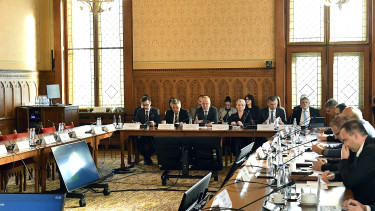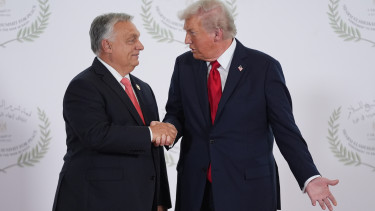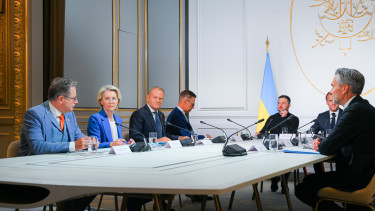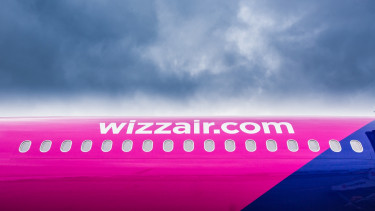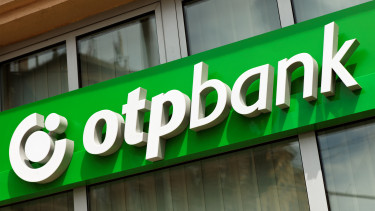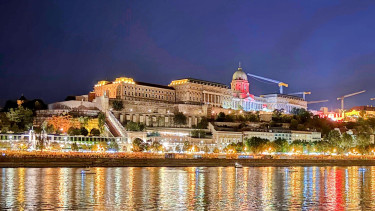Timmermans describes how he imagines a green Europe

The Environment Committee questioned Frans Timmermans, Dutch candidate for the European Green Deal portfolio in the EC to be led by Ursula von der Leyen as of 1 November.
During his introductory speech Timmermans said that EU policies on climate action must be centred on fairness, and spoke in favour of a dedicated “just transition fund” to support people and communities in coal-reliant regions and energy-intensive economies.
He announced that, within 100 days, a climate law will be proposed, to enshrine the 2050 carbon neutrality objective, deliver on higher ambition for 2030 and update existing climate legislation.
He also said emission cuts are needed in the aviation and maritime sectors and that the scope of the European Emission Trading System (ETS) should be broadened. He called for a large reforestation project across Europe, and mentioned the possibility of a carbon border tax "to level the playing field for European products". Circular economy policies should also be extended to the textile and construction sectors.
Transport is one of the most polluting sectors of our economy and we need to tackle this head on, said Timmermans. All over Europe, people depend on their cars for the quality of their daily lives not sell them even for their livelihood.
I know that and I don't want a car free Europe. I want emissions free cars in Europe and I want people to use clean public transport.
He added that "we need to cut emissions in the aviation and maritime sectors in particular. If we are to meet our climate goals."
Europe needs to move forward towards a zero pollution environment to tackle environmental degradation pollution, address air and water quality, hazardous chemicals industrial emissions, pesticides, endocrine disruptors and micro plastics, he said.
We must reduce, reuse and recycle to unlock all its potential for a low carbon economy.
"We will propose a new Circular Economy Action Plan focussing on sustainable products and resource use especially in resource intensive and high impact sectors such as textiles and construction."
Europe needs to move forward towards a zero pollution environment to tackle environmental degradation pollution, address air and water quality, hazardous chemicals industrial emissions, pesticides, endocrine disruptors and micro plastics.
"Whether it's the birds and the bees in our towns and countryside, the fish, an incredibly fragile coral in our oceans, our rich forests, or the wild and wonderful animals in remote corners of our planet we are killing it all off and at an alarming rate. We must stop this. That is why we will present a robust and ambitious biodiversity strategy for 2030. And why the EU must champion the most ambitious commitments possible at the next UN Conference of the parties on biodiversity in China in October next year."
He said he would like other countries to copy this Green Deal, and they need to be convinced they should do so. If climate diplomacy fails, he added, other and more rigorous means need to be deployed, for instance, an special tax could be imposed on imported good produced in countries with loose environmental legislation.
Timmermans also said a financial fund should be set up to support the green transformation of industrial, coal mining and high-emission regions. Europe must be rid of fossile fuel, but without hurting the industry, he stressed.
After the three-hour Q&A, Timmermans was given a loud round of applause, which analysts believe signals that his approval is on track. Hearings at the EP are now over, except for the hearing of the Romanian and Hungarian candidates, after the refusal of the previous ones, Rovana Plumb and László Trócsányi.



